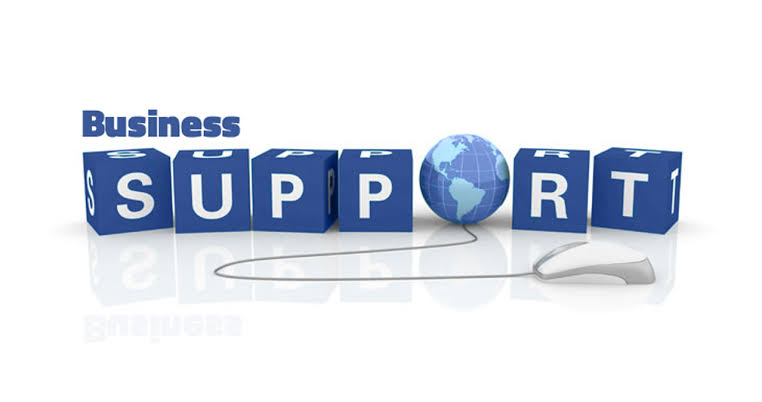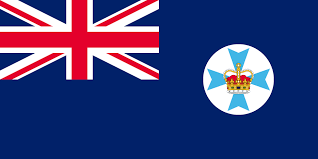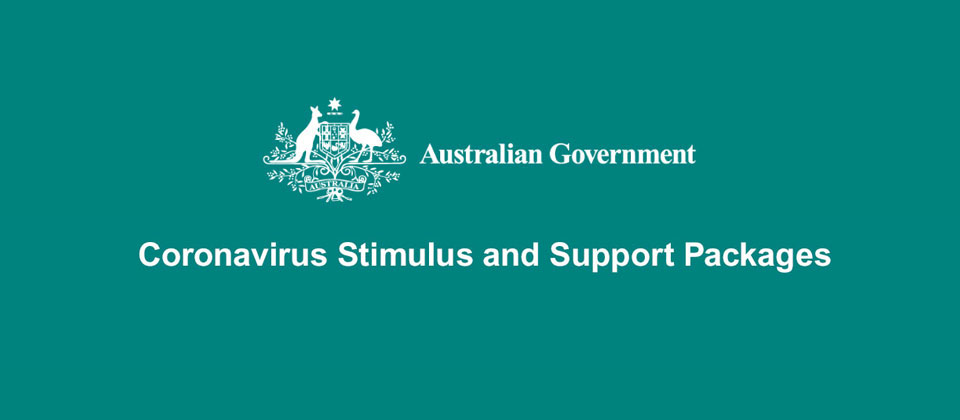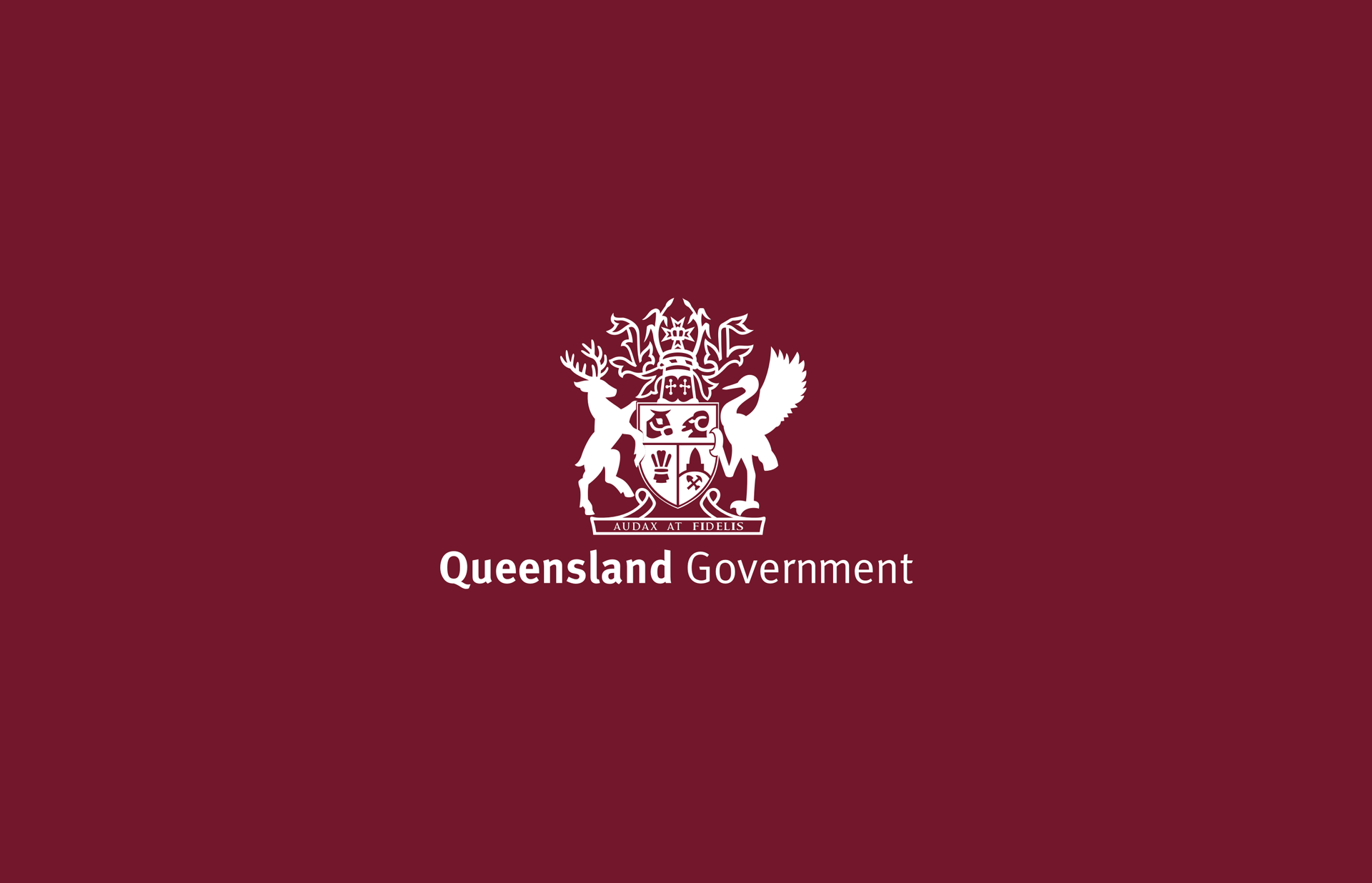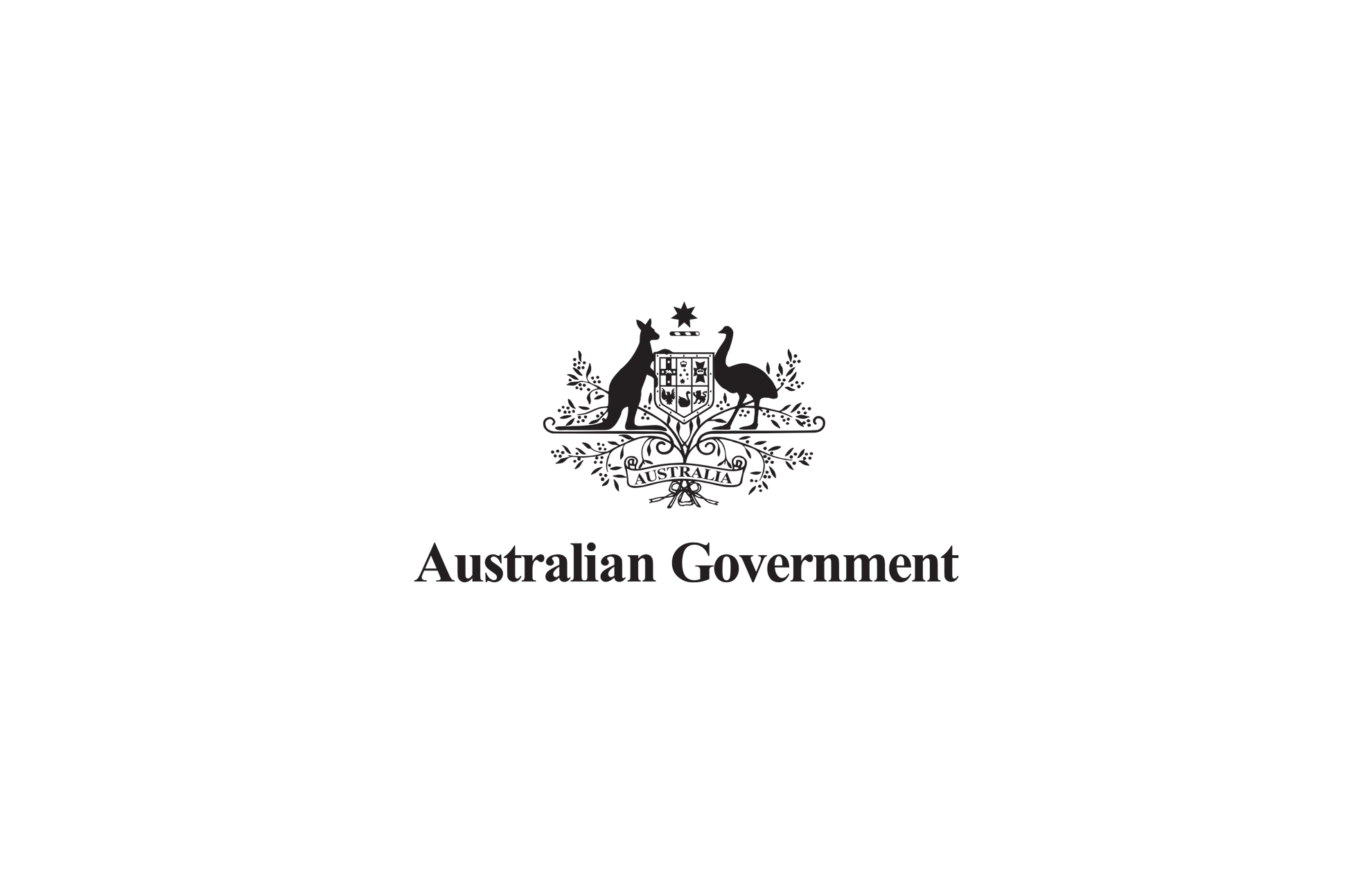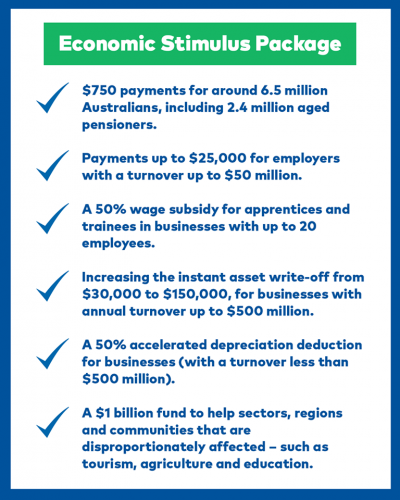Loan features
The loan features are as follows:
- $500 million loan scheme
- Maximum loan amount for these loans is 50% of your operation’s annual wage expense (to a maximum of $250,000)
- No repayments or interest charged for the first year
- Plus two years interest only (so principal and interest repayments will start in the third year)
- 2.5% fixed interest rate
- 10-year term of loan
- Unsecured up to $100,000. Loans over $100,000 will need a General Security Agreement (which is a general charge over business assets)
- You can apply more than once but in total you cannot borrow more than the maximum loan amount
- Business owners without employees may also be eligible (provided they work hours in the business equal to at least one full time equivalent employee (35 hours per week))
- Open until 25 September 2020 or until funding is fully committed
Eligibility
To be eligible loan applicants must:
- Be an eligible business which holds an ABN and is registered for GST
- Have one or more equivalent full-time employees in Queensland
- Have operated the business since 1 July 2017
- Have suffered a loss as a result of COVID-19
- Be viable under normal business conditions
- Be able to service the loan under normal business conditions
- Intend to continue operations after receiving the loan
- Intend to use any surplus liquid reserves or normal credit sources up to normal credit limits, in conjunction with the loan to continue operations.
Application information
- Business financial statements for the 2017-18 and 2018-19 financial years
- Personal taxation returns for 2017-18 and 2018-19
- Bank account information
- Australian Taxation Office Integrated Client Account Statements
- Aged list of debtors and creditors at time of application
- Applicant information
- Organisation Constitution or Rules of Association and Certificate of Incorporation (if applying as a non-profit organisation)
- Trust deed (if applying as a trust)
How loan may be used
The loans may be used to meet working capital expenses, for example:
- Paying employee wages
- Paying creditors and existing business loan and equipment finance payments
- Paying rent and rates
- Buying goods (including fuel) for the purposes of carrying on the business.
The loan cannot be used for:
- refinancing existing business loans or equipment finance;
- purchasing new equipment or other assets.
Where to apply?
You can apply now via QRIDA: http://www.qrida.qld.gov.au/current-programs/covid-19-business-support/queensland-covid19-jobs-support-scheme
DISCLAIMER: The information in this article is general in nature and is
not a substitute for professional advice. Accordingly, neither TJN
Accountants nor any member or employee of TJN Accountants accepts any
responsibility for any loss, however caused, as a result of reliance on
this general information. We recommend that our formal advice be sought
before acting in any of the areas. The article is issued as a helpful
guide to clients and for their private information. Therefore it should
be regarded as confidential and not be made available to any person
without our consent.

Jeanette has over 20 years experience as an accountant in public practice. She is a Chartered Accountant, registered tax agent and accredited SMSF Association advisor. When she is not helping business owners grow their empires, you will likely find her out running on the trails or at the gym. Book in to see Jeanette today.


